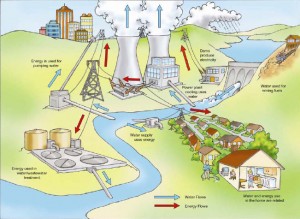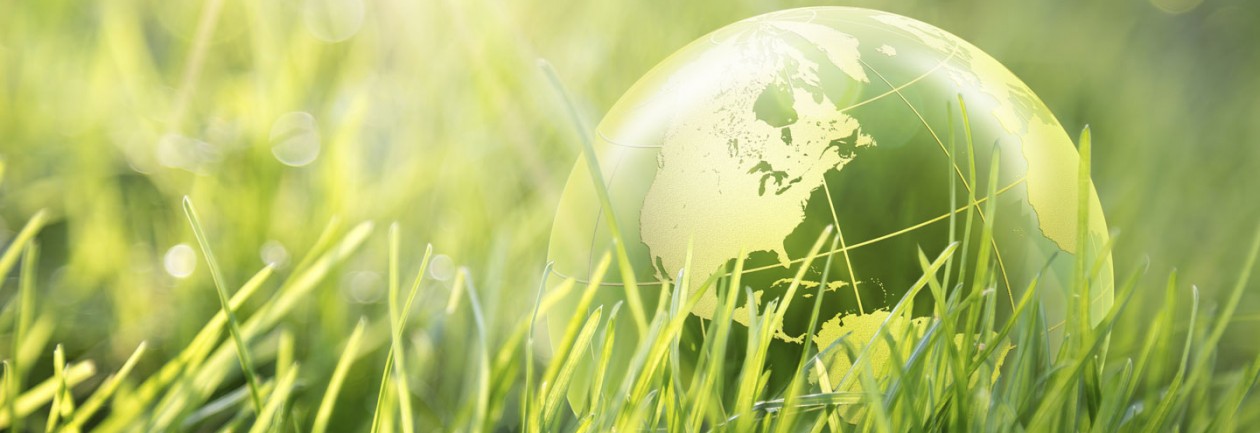
The “Water-Energy Nexus” bestows great consideration to the substantial interdependence between energy technologies and water usage. The diagram above clearly illustrates these instances of intersection, including water used as a means towards energy production, in other words an input in production technologies. In the case of biofuels, water should be viewed as an incredibly important input, to an alarmingly significant extent.
The standard materials used to create liquid biofuels–chief among them corn, soybeans, jatropha, agricultural residue, etc.–require intense amounts of water to grow and ultimately serve a purpose as an energy source. It has been estimated that biofuels can require anywhere from 2-84 times more water when considering the fullness of production (e.g. growth and cultivation), particularly when compared to the more traditional sources of coal, natural gas, and oil. This is so because, intuitively, material derived from live, organic matter requires considerable upkeep, partially in the form of the daily provision of irrigation techniques.
Though biofuels are certainly advantageous when examining issues such as greenhouse gas emissions and pollutants, the topic of the water-energy nexus reveals a relevant drawback to this particular energy technology. A great number of biofuels require extensive irrigation to reach their potential as energy providers, and for that matter, the cultivation of a wide variety of biofuels may be seen as counter-intuitive to the conservation and sustainable use of our planet’s water resources. Especially in light of recent concerns of widespread drought in places like California, the excessive use of water where substitutes exist (e.g. fossil fuels, solar, wind, etc.) presents a formidable challenge to the further development of biofuels as a feasible energy source.
(Composed by Robert King, edited by Eli Karp)
References
Patterson, Bob. “Competing Global Resources: Food vs. Fuel.” North Carolina State University. PDF. Nov. 2011.
“Second Generation Biofuels.” N.p., n.d. Web. 16 Apr. 2015.
